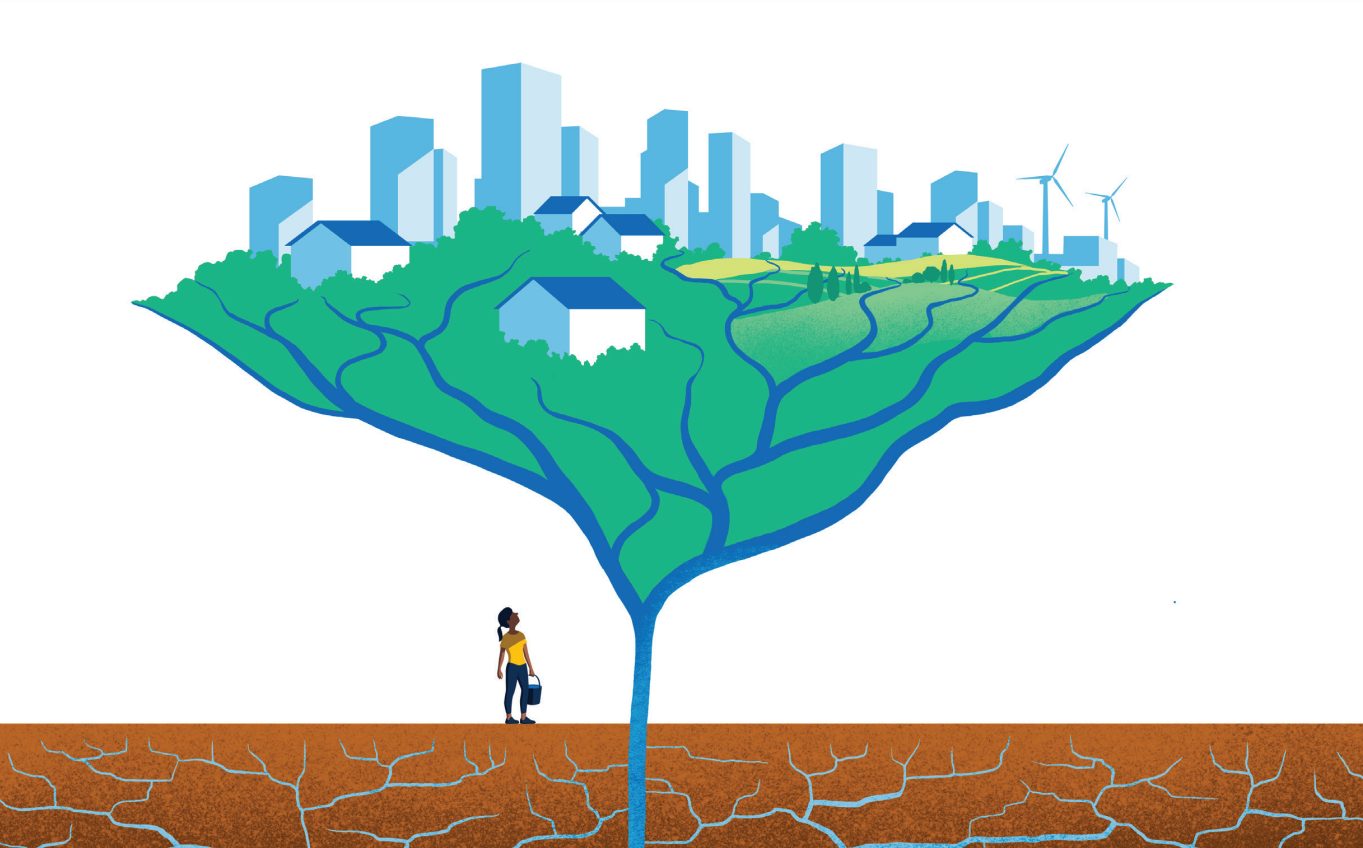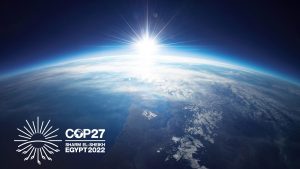World Water Development Report with focus on groundwater
The 2022 UN World Water Development Report sheds new light on the world’s most forgotten freshwater – the groundwater hidden under our feet. SIWI’s Dr Jenny Grönwall is one of the experts contributing to the report and here she shares some of the most important insights.
What is the World Water Development Report?
The 2022 UN World Water Development Report is a must-read for anyone interested in current trends related to freshwater. It is published every year by UN-Water and produced by UNESCO’s World Water Assessment Programme, with contributions from many different organizations. Each year has a different topic; this year it is groundwater. And this year, it does not treat water from a technical or socio-economic perspective; the report takes on groundwater as a critical element of the water cycle.
What is the focus of the 2022 report?
The theme is Groundwater: Making the Invisible Visible. The report demonstrates the critical role of groundwater but also how it often is undervalued, mismanaged, or even abused. Focus is both on challenges and opportunities associated with the development, management, and governance of groundwater across the world. Not only does the report address how humans use water for example in agriculture and industry, but also groundwater’s role for ecosystems and its relation to climate change.
Why is groundwater so important?
It is hard to overestimate the importance of groundwater: it makes up 99 percent of all freshwater that is not frozen, provides drinking water to almost half the global population, and contributes to about half of the global food production. Despite its significance, it is under growing pressure from both over-abstraction and pollution. This is dangerous since groundwater sustains both ecosystems and societies. Hopefully, with this report, people will understand that we urgently need to start protecting groundwater.
You have written about self-supply, what is that?
Self-supply means that households get their drinking water from for example a borehole at their own expense. Groundwater is not the only form of self-supply but by far the most common. This is a universal phenomenon in low-, middle- and high-income countries but, for decades, it has largely been ignored by authorities, donors, and implementing agencies. Hopefully, groundwater self-supply will now be getting more attention since it is increasingly important. Not least is it more resilient against climate shocks than surface water sources.
Dr Jenny Grönwall is Advisor Water Policy & Rights at SIWI and the organization’s groundwater specialist. On behalf of the UNDP-SIWI Water Governance Facility, she contributed to the World Water Development Report together with Dr Marianne Kjellén from UNDP.
Get to know Groundwater
Groundwater has been out of sight and out of mind for too long. When we protect groundwater we save lives and ecosystems, improve health, reduce hunger and tackle climate change all at once.
Learn more








